By leveraging patent examiner statistics, patent professionals can gain valuable insights that enhance their patent prosecution strategies and increase the likelihood of successful outcomes. Examiner statistics allow practitioners to understand how specific examiners handle patent applications, and which actions are more (or less) effective at moving a case to allowance. This valuable data enables informed decision-making and empowers patent professionals, enabling them to optimize their approaches throughout the prosecution process.
As an example, take examiner Horning, whose examiner statistics are summarized in the dashboard below:
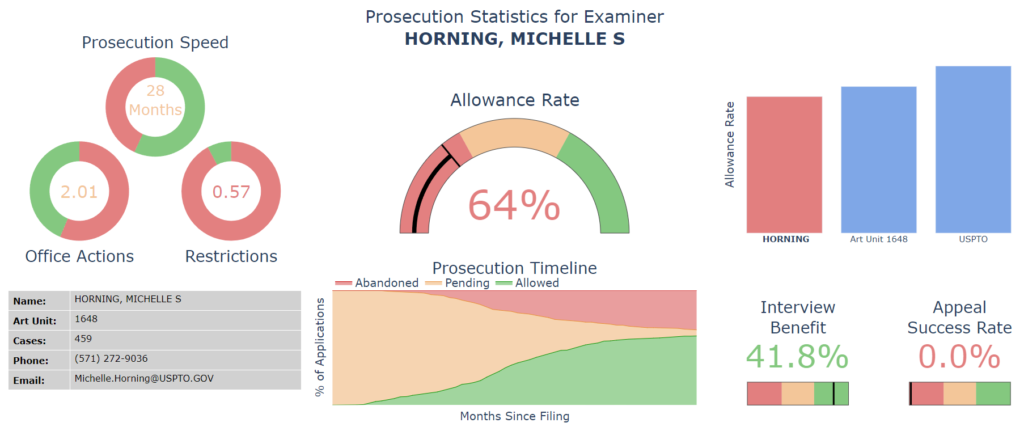
For examiner Horning, the allowance rate is 41.8% greater for applications in which an examiner interview is conducted. Specifically, applications in which no examiner interview were conducted have an average allowance rate of only 48.0%, whereas conducting one or more examiner interviews causes the allowance rate to jump to 89.9%. Contrastingly, the percentage of appeals in which examiner Horning has been reversed stands at 0%, indicating this examiner is particularly difficult to appeal successfully. One reasonable strategy based on this data would be to seek an interview with Examiner Horning as early as possible during prosecution, and only file an appeal if there are few other options, and your case for appeal is strong.
In addition to examiner statistics, statistics for USPTO art units, groups, and tech centers, provide patent professionals with insights into the broader trends within the patent office. By analyzing data on allowance rates, appeal outcomes, and patent application pendency at different organizational levels, patent professionals can gain a deeper understanding of the prevailing examination landscape within the USPTO. This information enables the patent professional to benchmark their cases, make informed decisions on filing strategies, and anticipate potential roadblocks during prosecution. When combined with an art unit predictor (such as the art unit predictor at IronCrowAI.com), art unit statistics enable patent practitioners to make art unit specific preparations even before filing an application.
As an example, consider the situation where a draft application processed by an art unit predictor provides the following results:
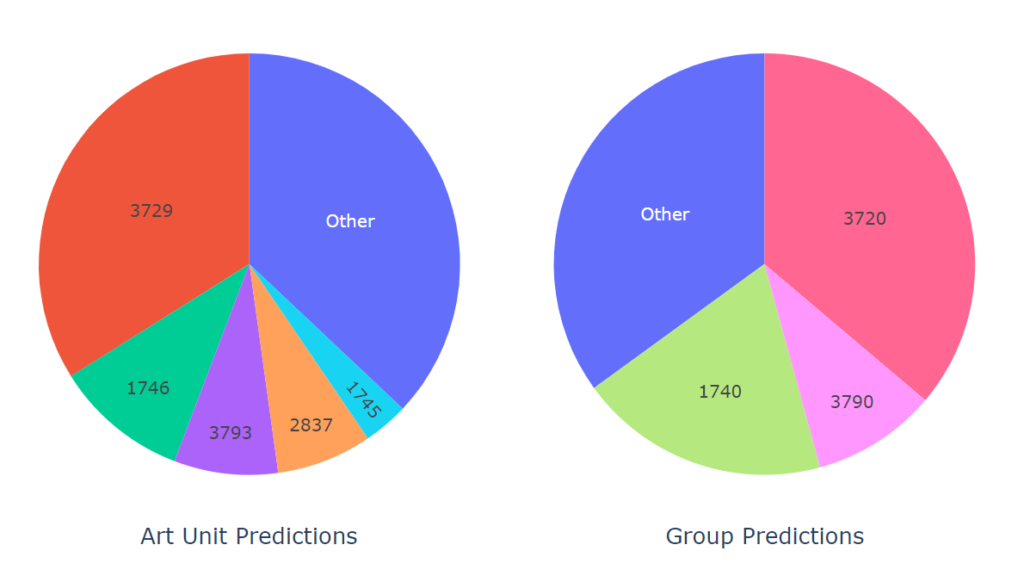
A practitioner might want to consider the prosecution statistics of art unit 3729, since that is the art unit most likely to examine the application. The prosecution statistics dashboard for art unit 3729 (which is available at IronCrowAI.com/prosecution-statistics/Art-Unit-3729) is shown below:
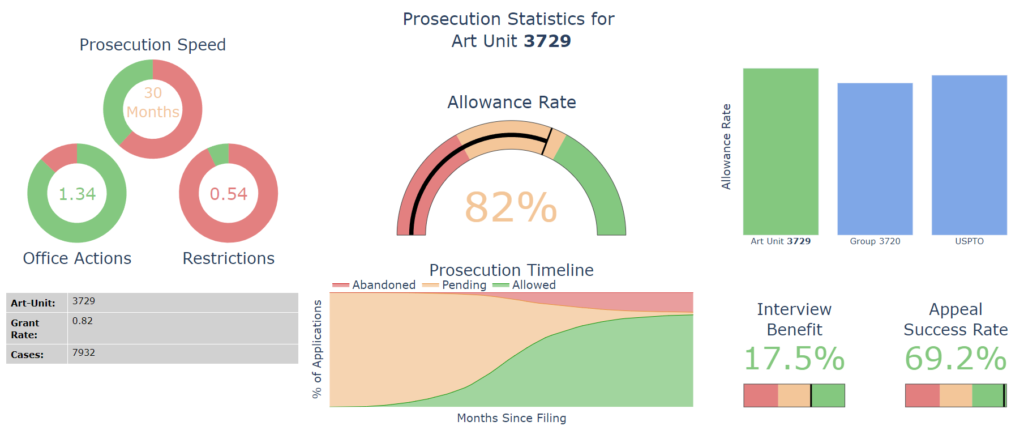
Overall, art unit 3729 promises fairly favorable prosecution outcomes, with a higher allowance rate than most other art units in the USPTO, and with a relatively small 1.34 Office Actions per application (which is less than 87% of other art units). However, about half of all applications examined within art unit 3729 receive a restriction requirement, which is a higher rate of restriction than 93% of other art units. Depending on the particularities of this application, and the client’s needs, it might be prudent to draft (or revise) the specification and/or claims of this application to be ready in the likely event of a restriction requirement.
As demonstrated by the above two examples, art unit and examiner statistics are a powerful advantage to informing not only prosecution strategies, but drafting strategies as well (when combined with an art unit predictor). These prosecution statistics are currently available to all at IronCrowAI.com/prosecution-statistics. Learn more about the art unit predictor at IronCrowAI.com/predict-art-unit.




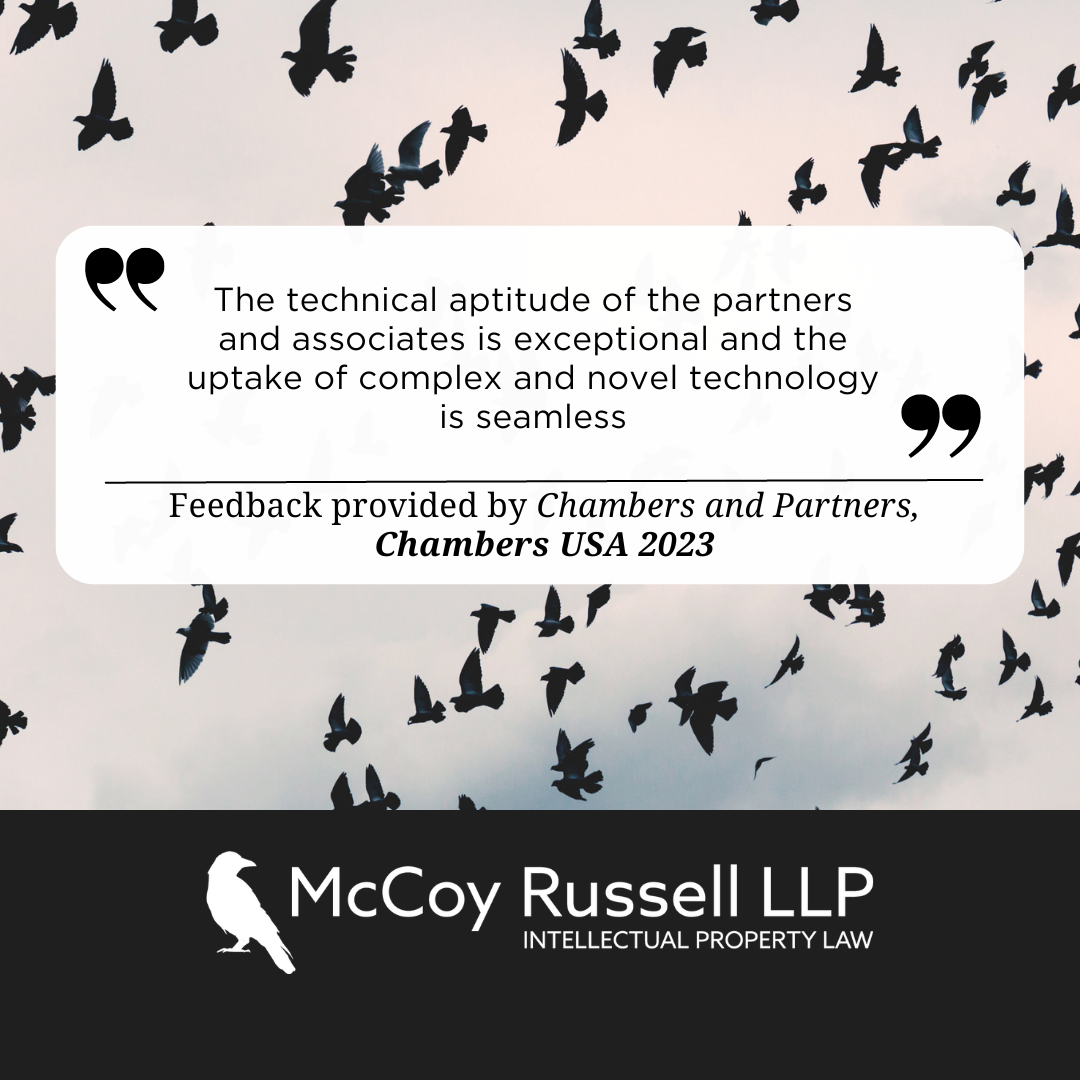

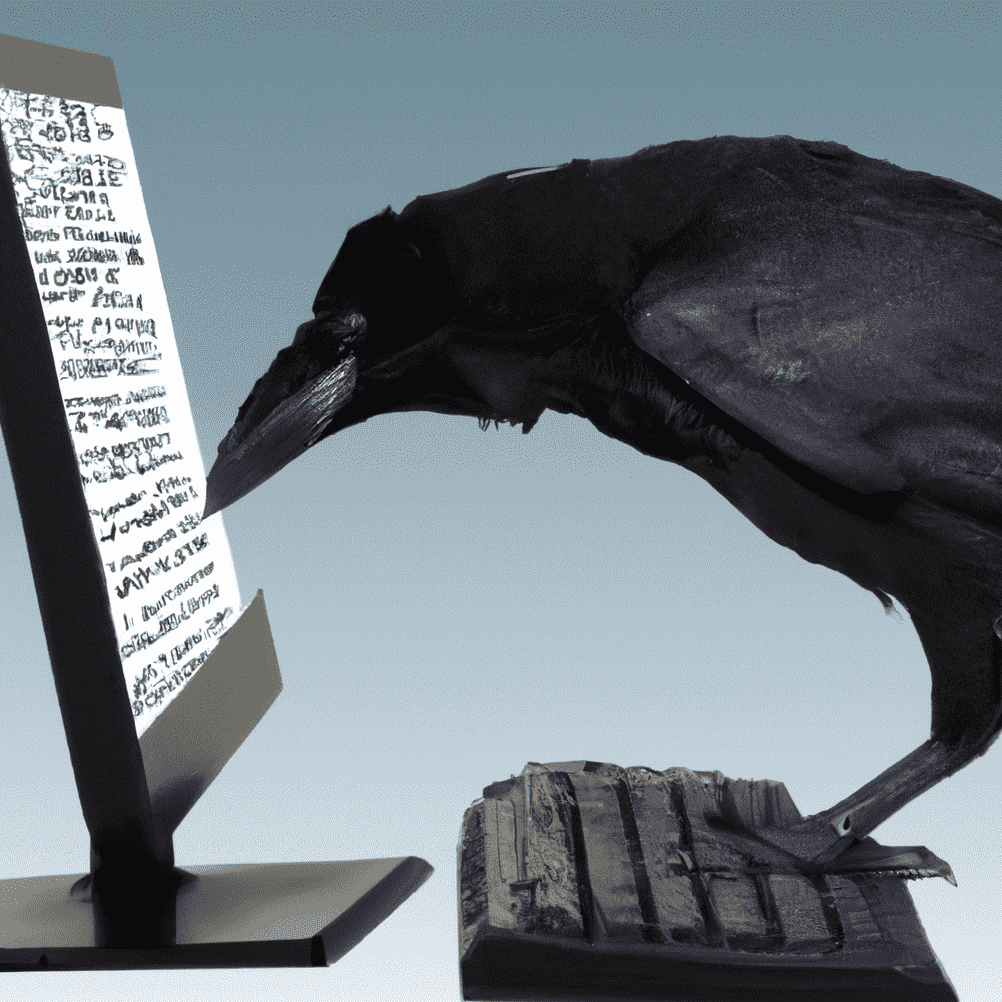





Recent Comments